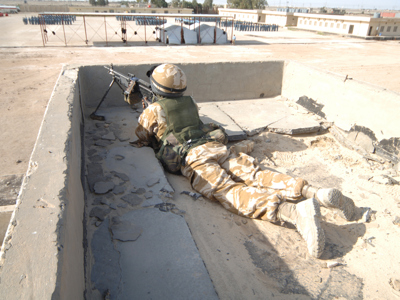Melanie Jacques
Partner
Melanie Jacques is a Partner in the international department.
Melanie Jacques is a Partner specialising in international human rights claims and corporate liability cases, with a particular focus on gender and sexual violence claims and claims arising out of war and armed conflict.
Legal expertise
Melanie has successfully represented several Malawian women in relation to claims for compensation arising out of serious allegations of sexual assaults and/or sexual harassment sustained in the course of their employment at tea and nut plantations owned by British companies in Southern Malawi.
- One group claim, against Camellia Plc and others, resulted in an innovative settlement in February 2021, which included compensation for the claimants and the establishment of a number of measures designed to improve the safety and security of female employees and improve conditions for women in the wider community.
- Another case, brought in the English courts by 31 Malawian women against PGI Group Ltd alleging sexual harassment and gender-based violence during the course of their employment at a subsidiary undertaking has been settled out of court on a confidential basis without admission of liability.
She is currently acting in a claim against Unilever Plc on behalf of a group of over 80 Kenyan women who allege that they have been subjected to sexual assault, sexual harassment, and/or other forms of serious mistreatment by men who were employed to work on Unilever’s former tea estates in Kericho, Kenya.
Melanie has extensive experience in multi-party action claims, including a large group claim on behalf of around 30,000 nationals of Cote d’Ivoire against the oil trading company, Trafigura, and a group action against Shell on behalf of a fishing community in the Niger Delta who suffered the environmental and economic impacts of two substantial oil spills in 2008.
Melanie is acting on behalf of owners of BMW vehicles over allegations that certain diesel vehicles were fitted with unlawful ‘defeat devices’ in order to cheat emissions tests.
She has been involved in a number of high-profile legal cases against the British Government, including:
- The Iraqi Civilian Litigation on behalf of hundreds of Iraqi nationals against the British Ministry of Defence for their alleged unlawful detention and/or mistreatment by British Forces in Iraq. In a ground-breaking judgment handed down in December 2017, the High Court ruled that the four test claimants had been subjected to inhuman and degrading treatment and unlawful detention in breach of the European Convention on Human Rights, the 1949 Geneva Convention and UK law (Alseran and Ors v Ministry of Defence).
- The case of an Afghan man who was detained by British troops in 2010 and held by them without charge and without access to a lawyer for 110 days, before being handed over to the Afghan Security Services, whom he alleges brutally tortured him. On 17 January 2017, the Supreme Court unanimously held that the Ministry of Defence (MoD) had a duty, under Article 5(4) of the European Convention of Human Rights to provide adequate procedural safeguards to detainees at all times, as also required by international humanitarian law, during the conflict in Afghanistan in order to prevent the detention of prisoners becoming arbitrary.
- A case against the UK security Services on behalf of a former Libyan dissident and his pregnant wife, illegally rendered to Gaddafi’s Libya in 2004. The Defendants had sought to strike out the claims on the grounds of Foreign Act of State and State Immunity. However, in a landmark judgment on 17 January 2017, the Supreme Court unanimously the Supreme Court unanimously dismissed the Defendants’ appeal and held that the claims must be allowed to proceed in the English courts.
Melanie has a PhD in international humanitarian law. Her book, “Armed conflict and displacement: the protection of refugees and displaced persons under international humanitarian law” was published by Cambridge University Press in 2012.
Prior to joining Leigh Day, Melanie was a visiting research fellow and teaching associate at Queen Mary, University of London, where she taught public international law and international law of armed conflict.
News

Women claim systemic sex abuse on tea plantations owned by British brand suppliers
Women who work on southern Malawi plantations that supply well known tea brands are suing their employer Lujeri and its British parent company PGI over allegations of systemic sexual harassment including rape, assault and discrimination.
Read Melanie's blogs

The role of the UN Guiding Principles on Business and Human Rights in protecting the most vulnerable: Operational Grievance Mechanisms for women in agribusiness
Melanie Jacques and Sarah Gibbons begin the International Day of Violence Against Women series with a focus on violence against women in the agricultural sector. They discuss the role of the UN Guiding Principles on Business and Human Rights as a tool for developing effective Operational Grievance Mechanisms as a means by which women can raise concerns and complaints about the human rights impacts of the operations in which they work.




